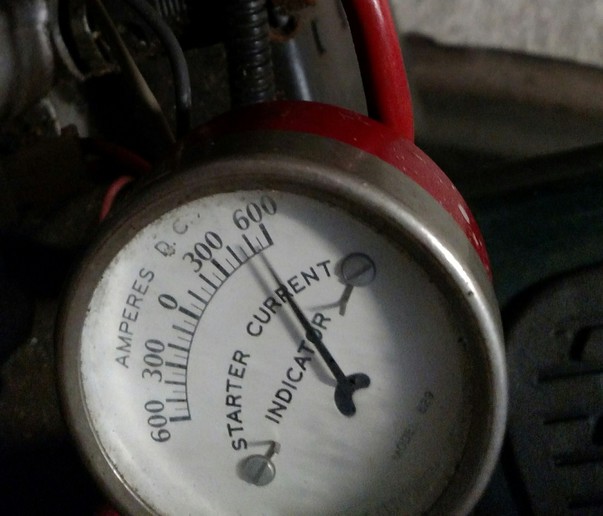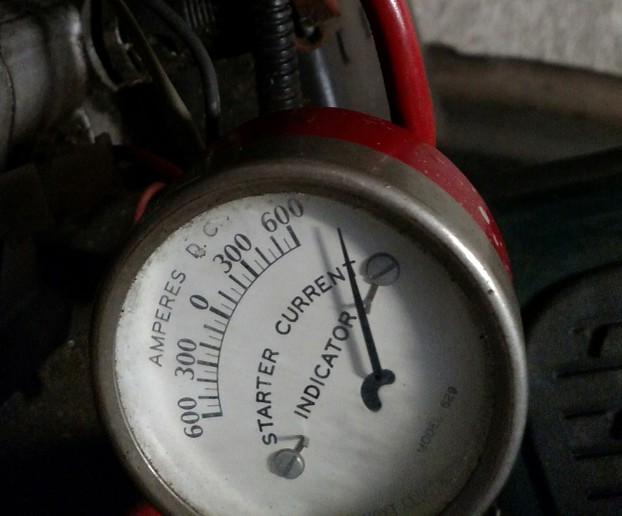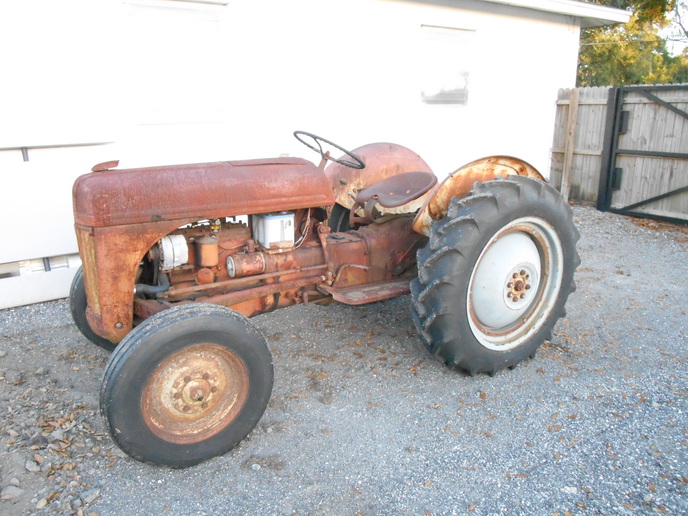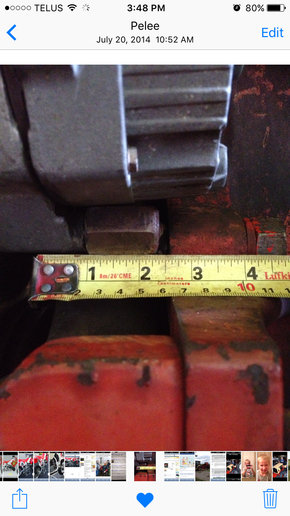I'm wondering if anyone has noticed a difference between how rugged car tires are as compared to truck tires . Especially in regard to getting flats on bad roads, sharp gravel, etc.
The reason why I'm asking is - I'm getting a small motorhome ready for a long trip. The tires on it are 15 years old and show a lot of rot-cracks in the grooves of the treads. No cracks in the sidewalls.
This is an RV based on a dual rear-wheel 1 ton Toyota. The OEM tires are an odd-ball D-range truck tire, size 185R-14C(C for commercial). They are $110 to $120 each and I need six of them.
I can get car tires much cheaper that are the same physical size. 195/75-14. $50 each!
So - I cannot make up mind what to do. I hate wasting money but also hate to corners if something is critical.
The RV has a GVW of 5500 lbs. I'd had it on a scale. The rear weighs 3,060 lbs. The front weighs 1800 lbs.
So - two OEM D-range tires have a load capacity of 3500 lbs. Two car tires have a load capacity of 2800 lbs. Again -there is onlyh 1800 lbs. on the front.
The rear with four OEM tires has a load capacity of 7000 lbs. Four car tires have a load capacity of 5556 lbs. The actual weight on the rear when loaded is 3,060 lbs. I'm wondering why the heck I can't get by with the car tires? Any comments or things I've overlooked?
The reason why I'm asking is - I'm getting a small motorhome ready for a long trip. The tires on it are 15 years old and show a lot of rot-cracks in the grooves of the treads. No cracks in the sidewalls.
This is an RV based on a dual rear-wheel 1 ton Toyota. The OEM tires are an odd-ball D-range truck tire, size 185R-14C(C for commercial). They are $110 to $120 each and I need six of them.
I can get car tires much cheaper that are the same physical size. 195/75-14. $50 each!
So - I cannot make up mind what to do. I hate wasting money but also hate to corners if something is critical.
The RV has a GVW of 5500 lbs. I'd had it on a scale. The rear weighs 3,060 lbs. The front weighs 1800 lbs.
So - two OEM D-range tires have a load capacity of 3500 lbs. Two car tires have a load capacity of 2800 lbs. Again -there is onlyh 1800 lbs. on the front.
The rear with four OEM tires has a load capacity of 7000 lbs. Four car tires have a load capacity of 5556 lbs. The actual weight on the rear when loaded is 3,060 lbs. I'm wondering why the heck I can't get by with the car tires? Any comments or things I've overlooked?






